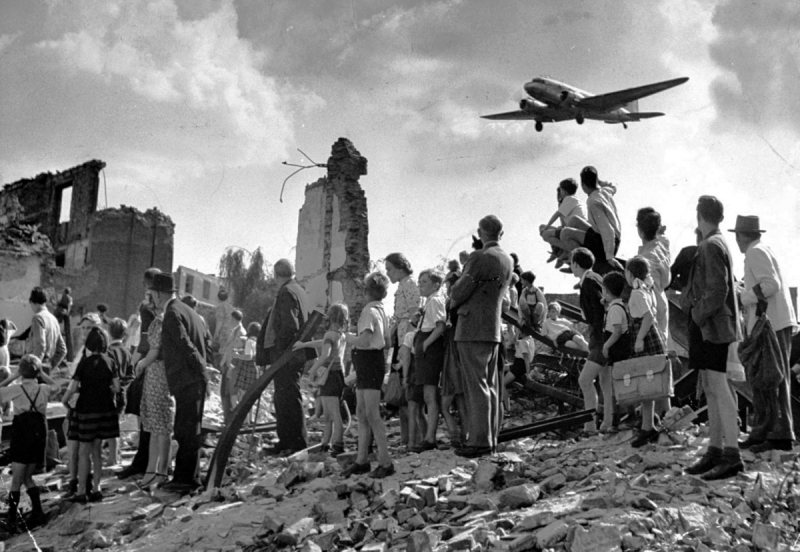<p style="text-align: justify;">When Nixon and Brezhnev agreed on the detente in 1971-72, many experts argue, the Soviet Union had begun its movement towards a decline that would culminate in its ultimate collapse and dissolution in 1991. It was now possible to imagine an end to the incessant cold war.</p>
<p style="text-align: justify;">During Richard Nixon-led foreign policy, the relations between the two erstwhile power blocs were becoming better, marked by Nixon’s historic visit to Moscow.</p>
<p style="text-align: justify;">The Strategic Arms Limitation Talks (SALT I, and later SALT II), precursors to the Anti-Ballistic Missile Treaty, were successful, at least in policy, in normalizing the post-WWII arms race by limiting the countries’ respective ballistic missile arsenal, and promising an equitable progress in submarine-launched ballistic missile (SLBM) launchers. This was a major shift in global power tactics, especially considering how close the world came to a nuclear war during the last decade.</p>
<p style="text-align: justify;">Gerald Ford’s policy was a continuation of his predecessor’s detente, and his tenure also saw a betterment of relations with the Soviets. It’s no surprise that he retained Henry Kissinger, as he retained much of the previous administration&#8217;s important staff.</p>
<p style="text-align: justify;">Deals and decisions reached upon before Nixon’s resignation were carried forward with the same optimism. The Apollo–Soyuz Test Project launch of 1975 served symbolically, as an act of co-operation, and practically, as an end to the space race that had drained unrealistic budgets from both the countries since the Sputnik Crisis.</p>
<p style="text-align: justify;">Ford is still known for having said in a debate against the Democratic candidate Jimmy Carter, “There is no Soviet domination of Eastern Europe”. This gaffe apparently bolstered his public image as a non-expert on international political climate, and ultimately cost him his only presidential election to Jimmy Carter. Interestingly, Brezhnev is said to have been supporting Ford’s election as president.</p>
<p style="text-align: justify;">When Jimmy Carter came to office, relations between the Soviet Union and USA were becoming peace oriented. His foreign policy was smeared by the failure to resolve the Iran hostage crisis, with disastrous Operation Eagle Claw adding to the political disturbance. This meant that relations with the USSR were not seeing the same proactivity of the past few years, but rather iterations of the policy already established by Nixon and Ford. His handling of the whole Iran issue is seen as the reason for his losing the 1980 election, paving the way for conservative Ronald Reagan.</p>
<p style="text-align: justify;">During Reagan’s administration, tensions between the two nations escalated dramatically, in what is often dubbed as the “Second Cold War”. The Strategic Defense Initiative was proposed in a bigger package during his time, and was meant to serve as a shield for protecting US against nuclear attacks. Defense budget reached a new high, jumping by more than 40 percent from 1980 to 1987. This was just part implementation of the “Reagan Doctrine”, which, along with radical reforms and policy directions of Mikhail Gorbachev, would make a post-USSR world inevitable.</p>
<p style="text-align: justify;">The United States also started proactively supplying arms and ammunition to the resistance in Soviet–Afghan War, drawing ire and retaliatory politics from the Russian leadership. Continued support, in the form of advanced training and weapons, to the Mujahideen, ultimately resulted in Soviet defeat. This loss is seen as a major contributing factor in the breakdown of the Soviet Union, effectively ceasing the five-decade-long Cold War.</p>
<p style="text-align: justify;">For more interesting information on the Cold War, visit It provides <b>Cold War Lesson Plans</b> for students as well as history enthusiasts.</p>

The Presidents Who Saw The End Of The Cold War
